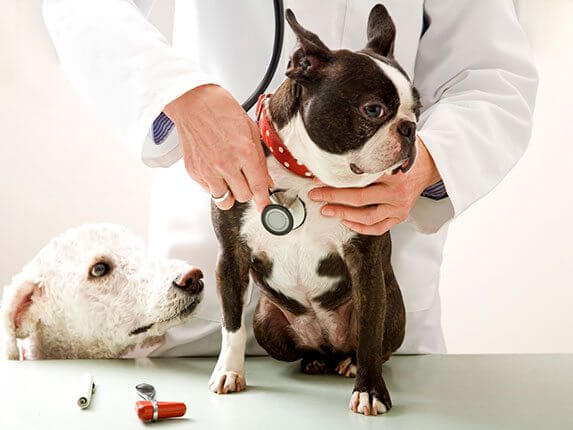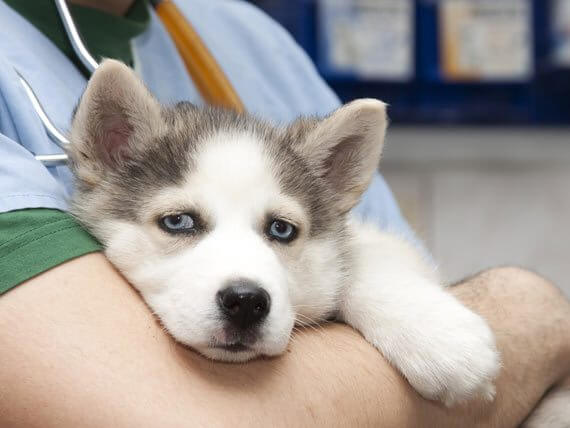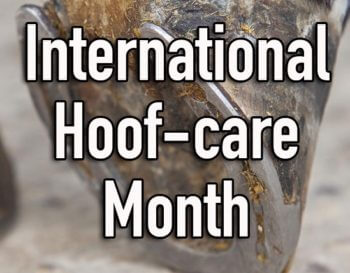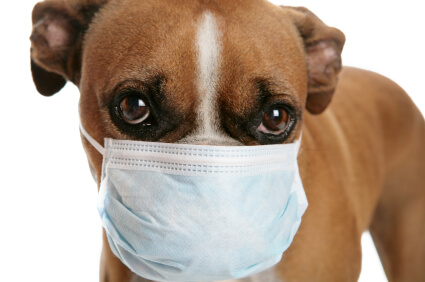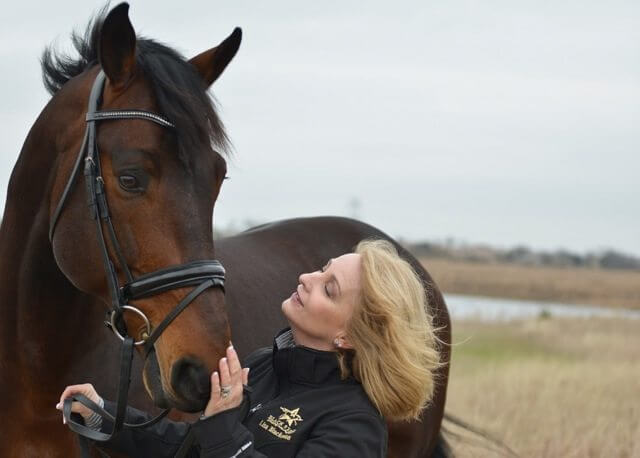Update About The Canine Upper Respiratory Infection
September 1, 2017
This past Wednesday evening, Merck Animal Health put on an informational update for the Gallatin Valley veterinary professionals about the ‘Canine Infectious Respiratory Disease Complex’ and the role that it plays with the current canine upper respiratory concern.
Merck and other big vaccine companies have been working closely with the top animal diagnostic laboratories in the country (Idexx and Cornell) to figure out the root cause of the issue. Thursday, it was confirmed by Cornell, that there has been a confirmed dog with H3N2 strain of canine influenza in our area. Merck still does not believe that canine influenza is the main culprit in this upper respiratory ‘out break.’
Dr. Jim Kallman from Merck Animal Health stated, “This is only one positive out of hundreds of samples that have been sent in over the past month or so from this area. People don’t need to panic as we don’t know how wide spread this is. We don’t know if it’s only that clinic. Merck currently does not consider the flu vaccine as a ‘core’ vaccine. We recommend assessing the risk exposure for each individual dog before vaccinating.”
“The percentage of dogs infected with this disease that die is very small. Some dogs have asymptomatic infections (no signs of illness), while some have severe infections. Severe illness is characterized by the onset of pneumonia.” – Centers for Disease Control and Prevention (CDC)
Merck also mentioned that there is Canine Influenza Virus (CIV) Surveillance Task Force that is also working diligently to control and prevent the disease. The CDC is one of the members of this group. We were unable to find their webpage, but were able to find a FAQ sheet from Texas A&M who is also a member of the task force.
“We recommend assessing the risk exposure for each individual dog before vaccinating.”
~ Dr. Jim Kallman, Merck Animal Health
What does this new information mean?
- We are still advising dog owners be vigilant and to bring your canine friend in for an appointment at the first sign of coughing.
- Exams will continue to be done outside away from the building.
- Continue to avoid heavily populated dog areas.
- We recommend assessing your furry friend’s level of risk before vaccinating with the dual strain flu vaccine. What is the life style of your pet?
- Please call grooming and boarding facilities if you have any concerns since we don’t know their current status.
- We will continue to keep the public and our clients well informed and educated about the current respiratory situation!



